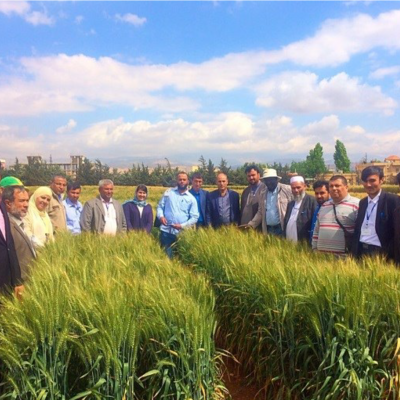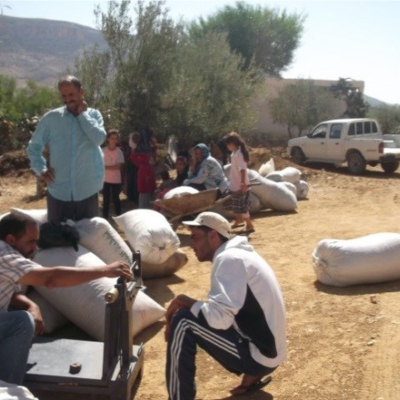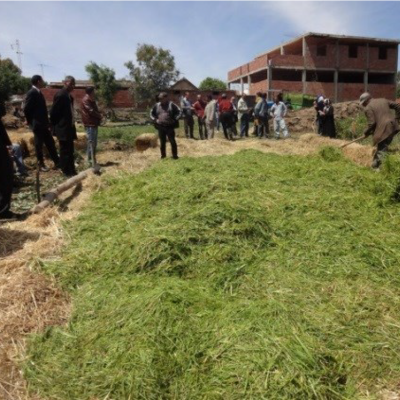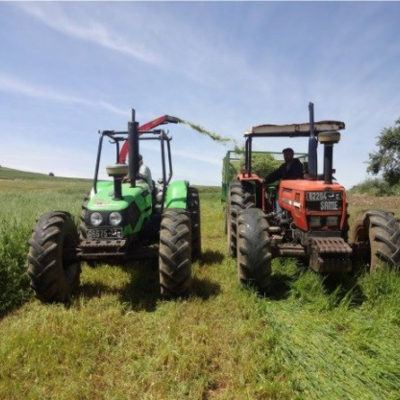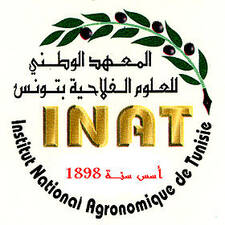The livestock sector represents an important agricultural activity in Tunisia and generates significant additional income, in particular, for small farmers and the landless. Red meat is the main livestock product produced in Tunisia and is extremely diverse, with 47% derived from cattle, 45% from sheep and 8% from goats. The quality and quantity of forage produced coupled with the unbalanced feeding of livestock in rural Tunisia are not sufficient and stable enough to ensure high-quality red meat production. The adoption of diversified feeding regimes that are based on locally produced feeds and by-products can address this issue.
The project offers an integrated package of successfully tested proven technologies of locally adapted feed and forage supply, combined with extension services and organizational support for smallholder farmers as well as business development support for local manufacturers. These interventions have
been shown to have an immediate impact on livestock production, and on rural livelihood.
The project was implemented under two agro-ecological systems:(I) the agropastoral system: Sidi Bouzid, Kairouan and Kasserine (less favourable) and (2) the livestock-cereal-based system Beja, Jendouba and El Kef (more favourable zones).



